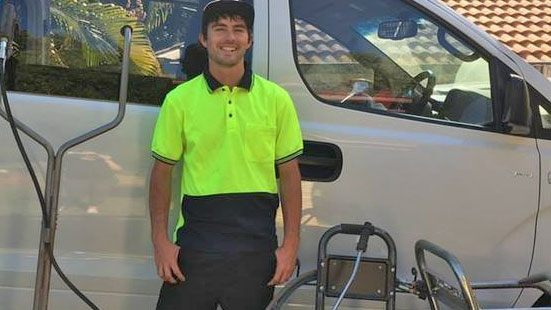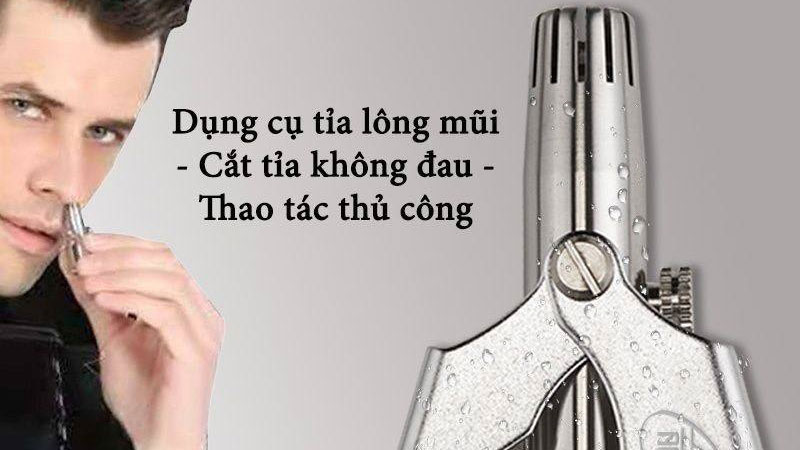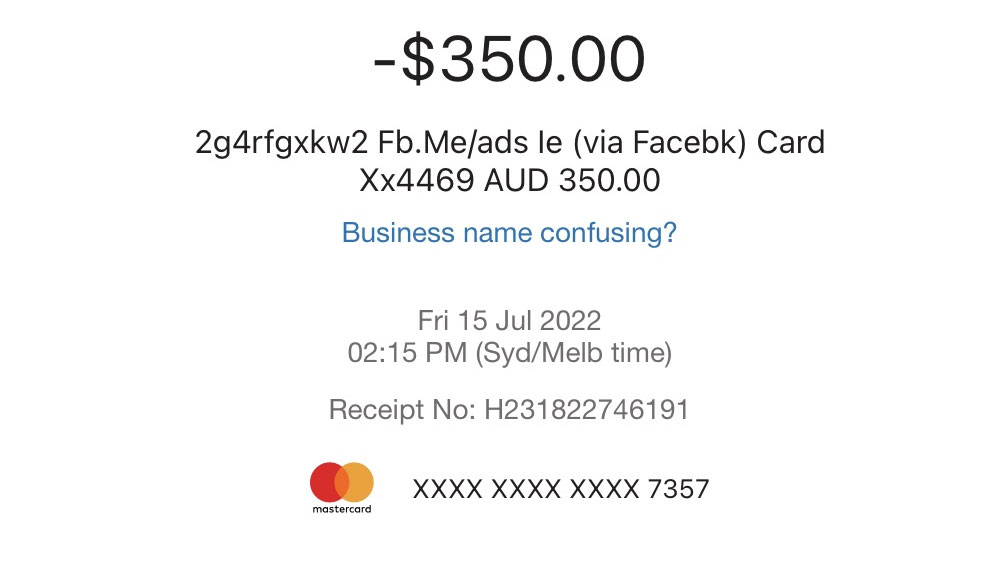Queenslander Michael Meyrick has spent the past five years working to build up his roof and home exterior cleaning business.
He says he quickly found Facebook to be the best place to pick up new local clients.
Meyrick would post paid ads, spruik his services on Facebook groups and regularly send potential clients to his business page, which has 900 followers. There, they could check out his reviews and before-and-after photos showing his work.
READ MORE: John Farnham in ICU, cancer removed from mouth

"I tried other marketing avenues like SEO and Google, but I really 'leaned in' to Facebook; I kind of perfected it," he said.
It's a strategy Meyrick now regrets.
These days, any clients who visit Meyrick's business Facebook page are likely to be left bewildered.
Instead of photos showing neat, freshly-cleaned roofs, there is a deluge of ads in Vietnamese on the page, all selling - somewhat bizarrely - nose hair trimmers.
The profile photo of Meyrick's business page even shows a photo of a man using one of the metal nose hair trimmers.
READ MORE: Russian paratrooper condemns his country's war

None of these ads or photos have come from Meyrick, who no longer has access to his own business's page after hackers infiltrated it just over a month ago.
Meyrick said the nightmare began when he woke up one morning in July to see a bank of notifications over email from Facebook, beginning at 3am.
Within the space of 10 minutes, the hackers had infiltrated both his personal and business Facebook accounts.
The hackers appear to have used a well-known technique, previously reported on by 9news.com.au, which involves posting child sexual exploitation material on the compromised Facebook user's personal page.
This triggers an alert for Facebook, which sends a notification to the user that they have violated the social media giant's "community standards" and have been banned.
The Facebook user then no longer has access to their personal account, clearing the way for the hackers to make themselves admins on the user's business page.
In Meyrick's case, the hackers' target appears to have been the credit card linked to his business account, which they promptly used to buy $50, and then an extra $350 worth of Facebook ads.

Meyrick said at first he was confused about what had happened, especially when he got a notification from Facebook saying he had posted child exploitation material.
"I was thinking, 'What the hell?'" he said.
"My first thought was maybe Facebook had seen a photo of my baby daughter and thought there was nudity, if she was showing a bit of skin.
"But a couple of days later, when the credit card charges came up, I realised someone had gone and accessed my account.
"That's when it snowballed from there."
About a month after the Facebook ads were charged to Meyrick's credit card, the first nose hair trimming ads started appearing on his business page.

"It is embarrassing and infuriating all at once," Meyrick said, adding he had been unable to get any help from Meta, the owner of Facebook, after filling out numerous online forms to notify the company of the hack.
"The fact that it is so blatant and I still can't get Facebook to do anything, it's just crazy," Meyrick said.
With between 60 and 80 percent of his business revenue coming from Facebook, Meyrick said he was left feeling suddenly anxious about his finances.
"It's been a huge stress on the family.
"It is always there in my mind, how much is this going to affect my business?
Meyrick said he believed Meta should offer support over hacking issues for business owners who spent money on the platform and were more like customers than users.
"I can understand Facebook not providing chat support for every single person, but I think when you are using them as a business and spending money on ads you should have some sort of way to communicate with them," he said.
After being contacted by 9news.com.au, a spokesperson for Meta said the company was investigating Meyrick's hacking case.
The fraudulent ad charges on his account had now been reversed, the spokesperson said.
"We're committed to safeguarding the integrity of our services, and work hard to protect our community from fake accounts and other inauthentic behaviour," the spokesperson said.
"We use a combination of automated systems and people to help review content flagged by our community.
"We are committed to continuing to invest in AI to improve accuracy and strengthen our review and appeal systems."
Contact reporter Emily McPherson at emcpherson@nine.com.au.
